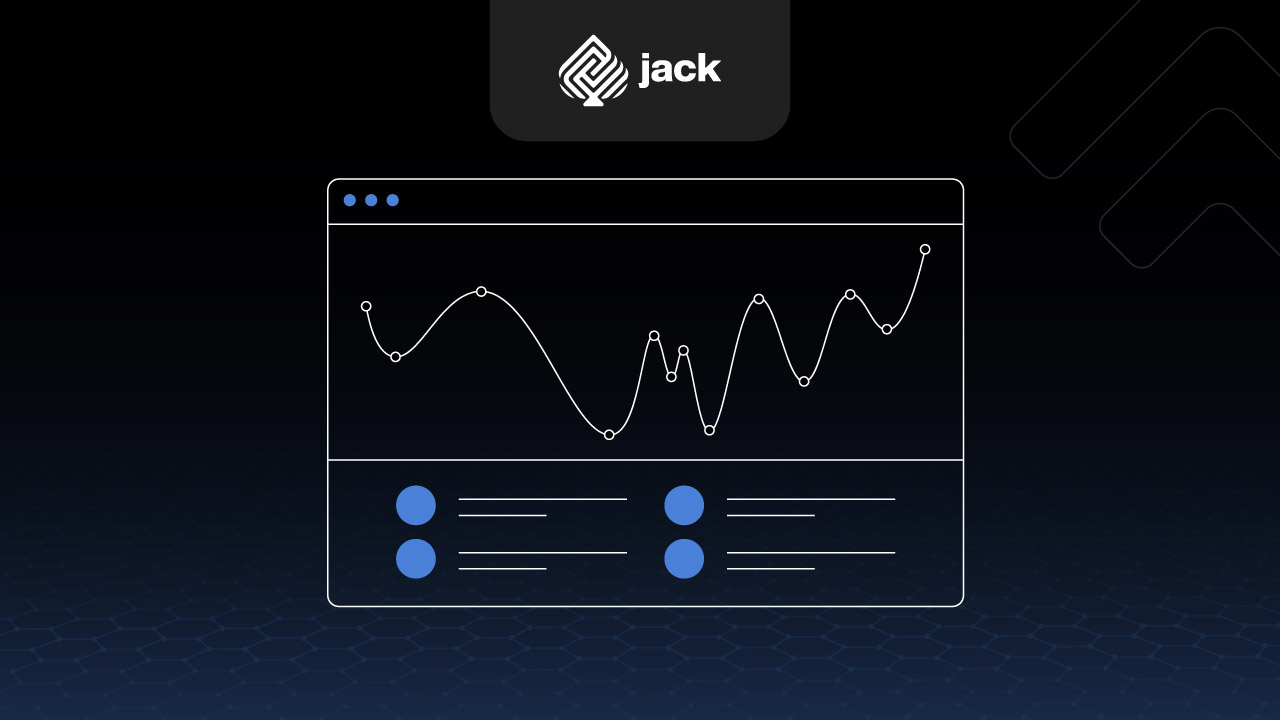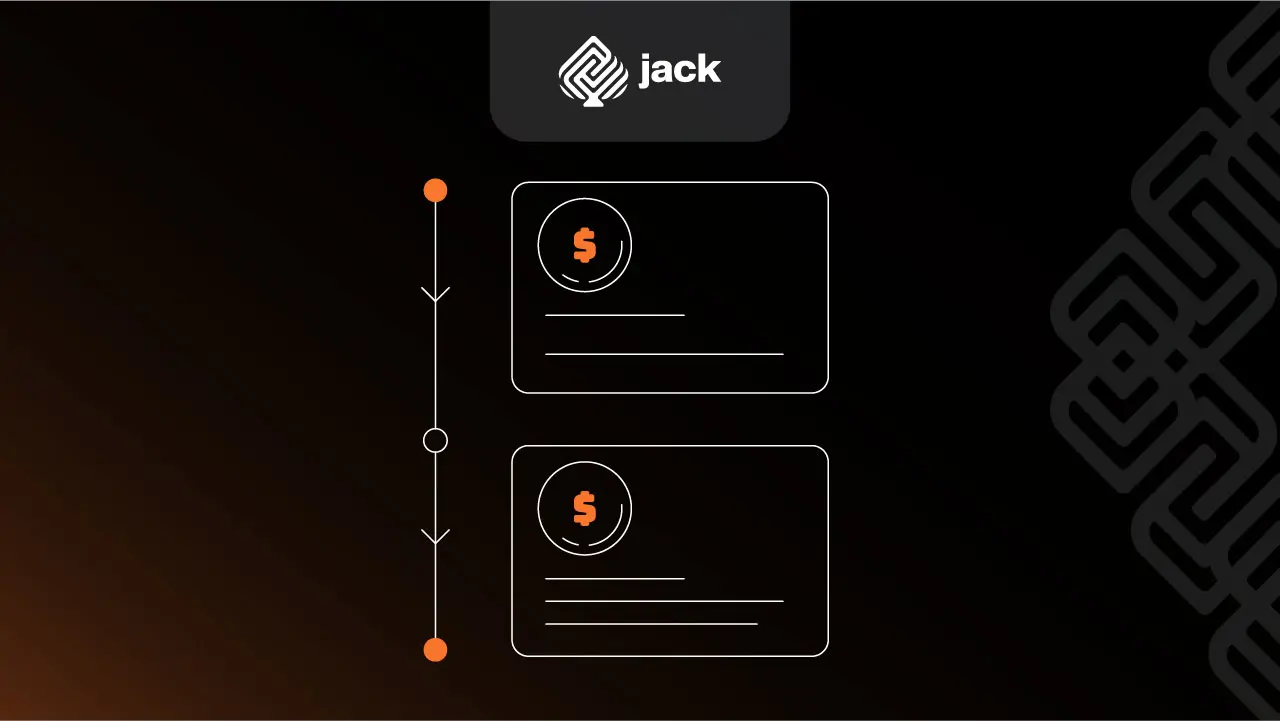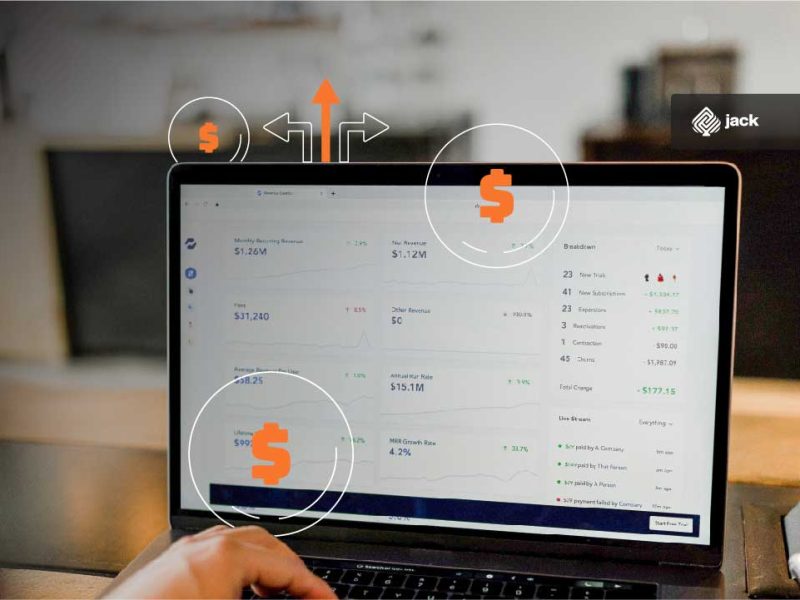As a business owner, you definitely want to understand the financial condition of your company, right? One of the best ways to monitor your company’s cash flow is by preparing a cash flow statement. In this article, we will discuss the cash flow statement direct method, a straightforward and clear approach to understanding cash inflows and outflows in your company.
A cash flow statement helps provide a clear picture of your company’s cash flow. By preparing this statement, you can make more informed and strategic decisions for your business.
Also read: Easier, Automatic, and Real-Time Transactions with API Disbursement
What is the Cash Flow Statement Direct Method?

Before we dive deeper, let’s understand what the cash flow statement direct method is. Essentially, this method directly reveals all the cash receipts and cash payments that occur in a company over a given period.
If your company receives money from customers or pays employee salaries, all these transactions will be recorded in this statement. Since the direct method cash flow statement only records cash transactions that actually occur, it’s easier to understand, especially for those of you just starting your business journey.
Also read: How to Choose the Best Virtual Credit Card Services
Difference Between Direct and Indirect Methods
There are two methods you can choose from when preparing a cash flow statement: the direct method and the indirect method. The main difference lies in how the data is presented.
The direct method details all the cash inflows and outflows, while the indirect method starts with the company’s net income and adjusts for non-cash transactions. The direct method is easier to understand because the report it generates is more transparent and straightforward.
How to Prepare a Cash Flow Statement Using the Direct Method

Creating a cash flow statement using the direct method is very easy if you follow these steps.
1. Collect Relevant Financial Data
Start by gathering all relevant cash transaction data. This data can include receipts from product sales, payments from customers, or expenses for operational costs such as salaries or raw material purchases.
2. Categorize Data Into 3 Categories
In a direct method cash flow statement, there are three main categories you need to focus on: Operating Activities, Investing Activities, and Financing Activities. Categorizing like this will help you group various cash transactions more systematically.
3. Calculate Cash Inflows and Outflows
For each category, calculate how much cash came in and how much went out. Then, total each category to find the net cash flow.
4. Organize the Statement Systematically
Don’t forget to structure the cash flow statement in a clear, easy-to-read format. Make sure that anyone reading the report, even if they have no accounting experience, can understand it.
Example of a Cash Flow Statement Using the Direct Method
To provide a clearer picture, here’s an example of a cash flow statement for PT. ABC for the period ending January 2025:
PT ABC Cash Flow Statement For the Period Ended 31 January 2025
| Description | Amount (Rp) |
|---|---|
| Cash Flow from Operating Activities | |
| Cash Receipts from Sales | 120,000,000 |
| Payments to Suppliers | (45,000,000) |
| Payments for Operational Costs | (30,000,000) |
| Payments for Interest Expenses | (5,000,000) |
| Payments for Taxes | (15,000,000) |
| Total Cash Flow from Operating Activities | 25,000,000 |
| Cash Flow from Investing Activities | |
| Equipment Purchases | (20,000,000) |
| Total Cash Flow from Investing Activities | (20,000,000) |
| Cash Flow from Financing Activities | |
| Loan Receipts | 40,000,000 |
| Dividend Payments | (8,000,000) |
| Total Cash Flow from Financing Activities | 32,000,000 |
| Net Increase in Cash During the Period | 37,000,000 |
| Cash at the Beginning of the Period | 50,000,000 |
| Cash at the End of the Period | 87,000,000 |
From the example above, you can immediately see how much cash has entered and left the company during the period. This report helps provide a clear view of the company’s cash position.
Spend with Flexibility, Anywhere with Jack
Advantages of Using the Direct Method Cash Flow Statement
One major advantage of the direct method is its simplicity. This statement presents easy-to-understand information, with clear cash flows. You can immediately see if your company is spending too much or has enough cash to support operations.
If the company’s cash flow appears unhealthy, you can quickly spot it and take corrective actions, ensuring that the business can run smoothly without being hindered by unnoticed financial problems.
Disadvantages of the Direct Method
Although the direct method is very useful, preparing this report can be more time-consuming than the indirect method, especially if there are many recorded cash transactions.
Additionally, the direct method report doesn’t provide a full picture of the company’s net income, which might be needed by investors or financial managers to make business decisions.
Use Jack for your business needs
Managing your company’s cash flow can indeed be a challenge, especially when the process is complicated and time-consuming. If you still find it difficult to prepare a cash flow statement or need further assistance, we recommend using the right financial management technology. This way, your business’s financial management can run more efficiently and stay well-organized.






